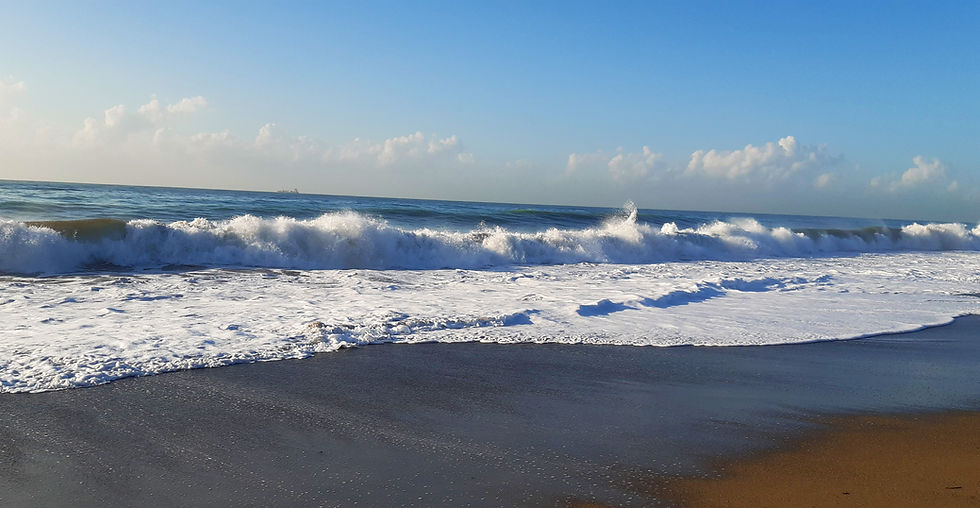Rest days
- Susie Csorsz Brown
- Oct 8, 2025
- 3 min read
Sometimes, the best thing you can do for your body is to rest.
How many times have you just not been motivated to exercise? Or to move? To train. It might be that your body, your mind is not being lazy, but rather asking for a rest. Just because the program or training plan you are following dictates a particular action does not necessarily mean it is what you need. How many times have you unnecessarily pushed through not feeling well in the name of sticking to the program, only to cause a setback because you have pushed too hard?

Many many injuries—and most of the struggles you might experience with motivation—don’t happen because people didn’t work hard enough. They happen because they pushed when their body (or their mind) was already asking for rest.
Here’s a training conundrum: We tend to treat rest as if it were the opposite of progress. Like it is something to earn, a weakness to avoid, a luxury you can not afford if you are serious. The truth, however, is the opposite: rest is an integral part of the program. It is the most overlooked form of training.
Think about athletes. Every professional program—whether you are talking about marathoners, powerlifters, or NBA players—builds in recovery days. Not just because it is nice, but rather rest and recovery days are important because without it, the training falls apart. Muscles don’t grow in the gym. They grow in the time between workouts, when the body repairs.
Rest and recovery is not just physical. The brain works the same way. Creativity, focus, memory—all of it improves after you step away. Research has shown that sleep is not downtime for the brain; it is an active process where the mind consolidates memory and clears waste. Even short breaks improve problem-solving and decision-making. Without pause, performance declines.
When you overtrain or overwork, it is not the effort that hurts you; it is the lack of recovery that causes the damage. It is the lack of recovery that compounds the damage.
The Line Between Lazy and Wise
The complication, though, is the hard part: sometimes you DO need to push through. If you waited until you felt perfect, you would rarely train, write, create, or get anything meaningful accomplished, right? So how do we know when it is being lazy versus when it is being wise?
The $100 question, right?
Try this test:
Check the pattern. Is this a one-off day where you are run-down, or have you been skipping regularly? Rest is medicine when it is an occasional thing. Avoidance is when it has become the rule.
Check the symptoms. Mild soreness or low motivation? Push through—you will feel better once you start. But fever, dizziness, sharp pain, or exhaustion? That is your body saying stop. That is your body saying it needs rest.
Check the outcome. Will pushing today move you forward, or risk setting you back? If the cost of forcing it is higher than the benefit, recovery is the smarter play.
Science backs this up: studies on overtraining show that ignoring fatigue is not just uncomfortable—it leads to higher injury rates, reduced immunity, and weeks (sometimes months) of lost progress. On the other hand, active recovery—such as walking, mobility work, yoga, or light movement—accelerates repair and improves long-term consistency.
Most people don’t need more supplements or hacks. They need more recovery. What does recovery look like? It could mean sleep. Or a walk without headphones. Or reading instead of scrolling. Or just saying no when your body whispers, “not today”.
Rest is not laziness. It is a skill. The better you become at it, the more resilient, focused, and strong you will be. The next time you find yourself asking, “Should I push through?”—instead, ask yourself, “What would change if I treated recovery with the same respect I give to work?”
If you always feel like you need to do something, the question is not whether you should rest, but what it costs you each time you do not.



Comments